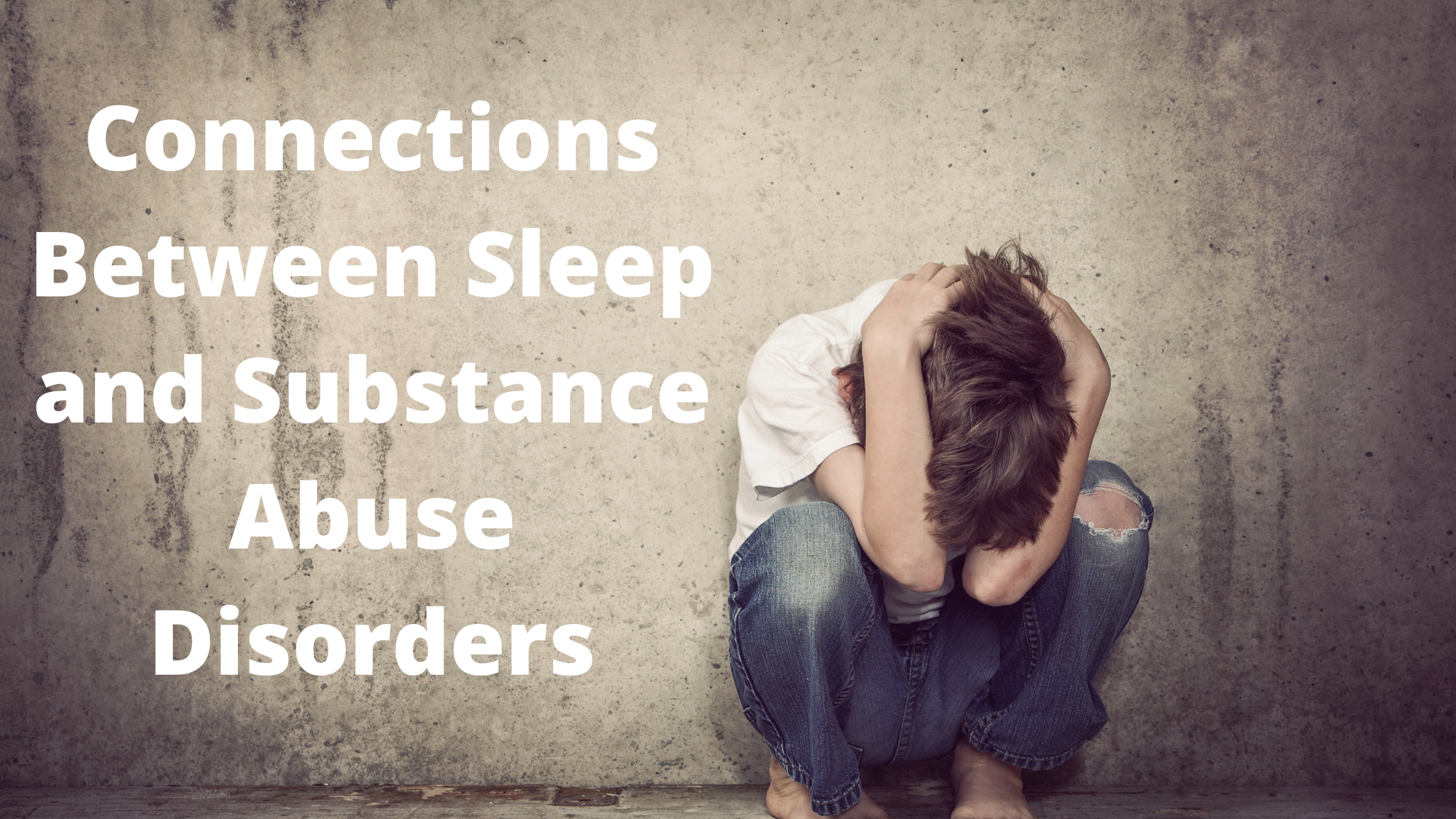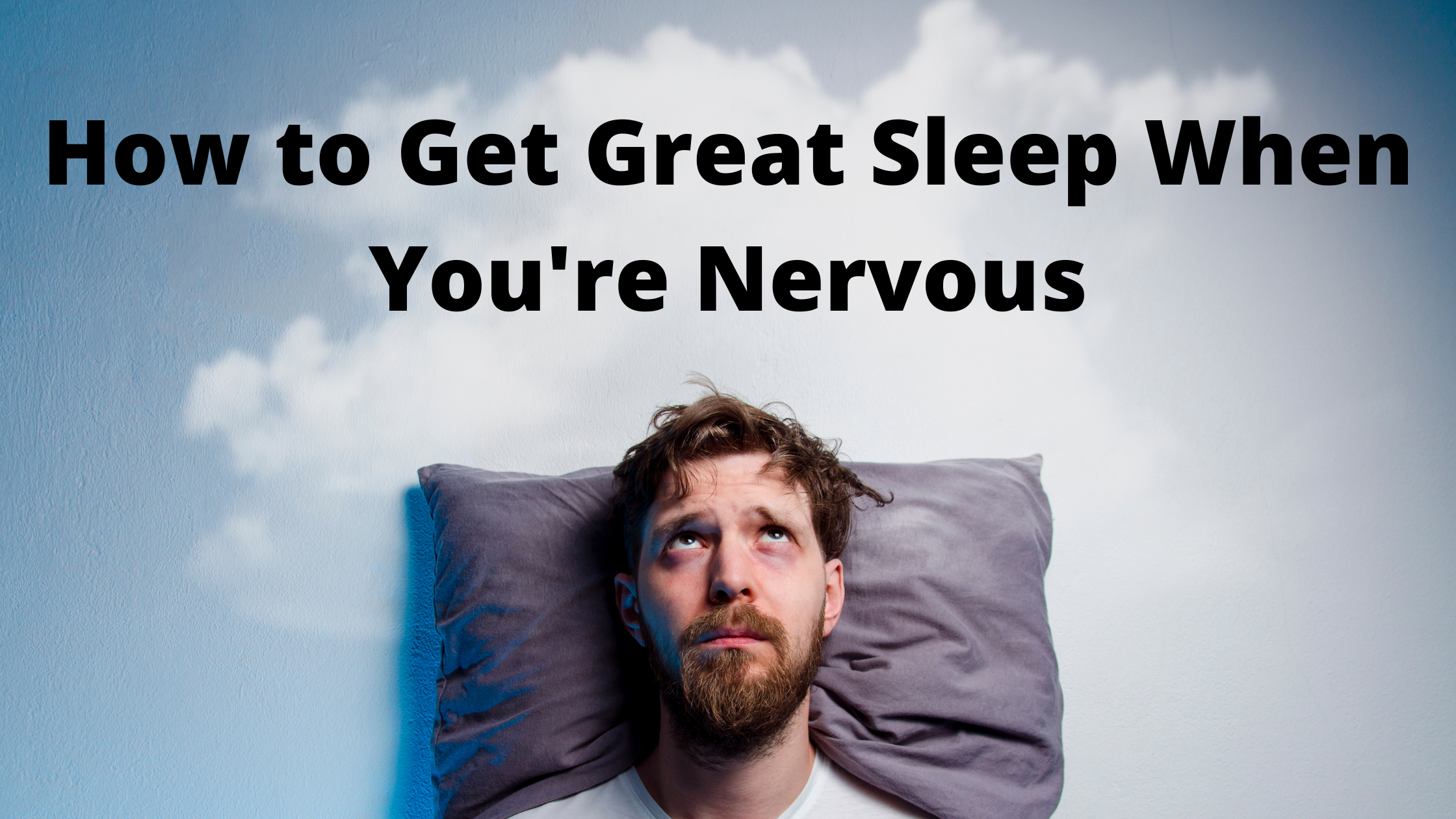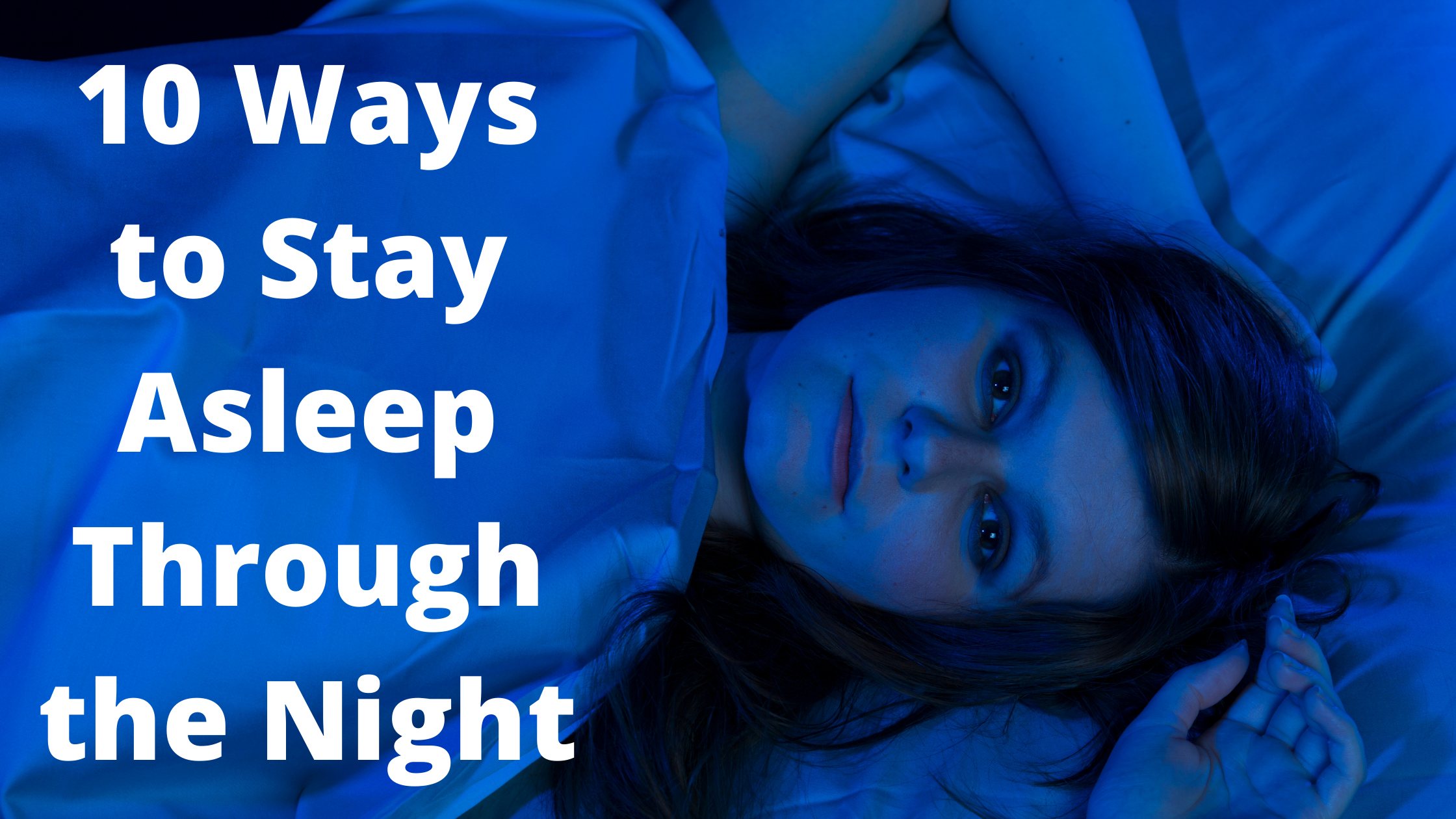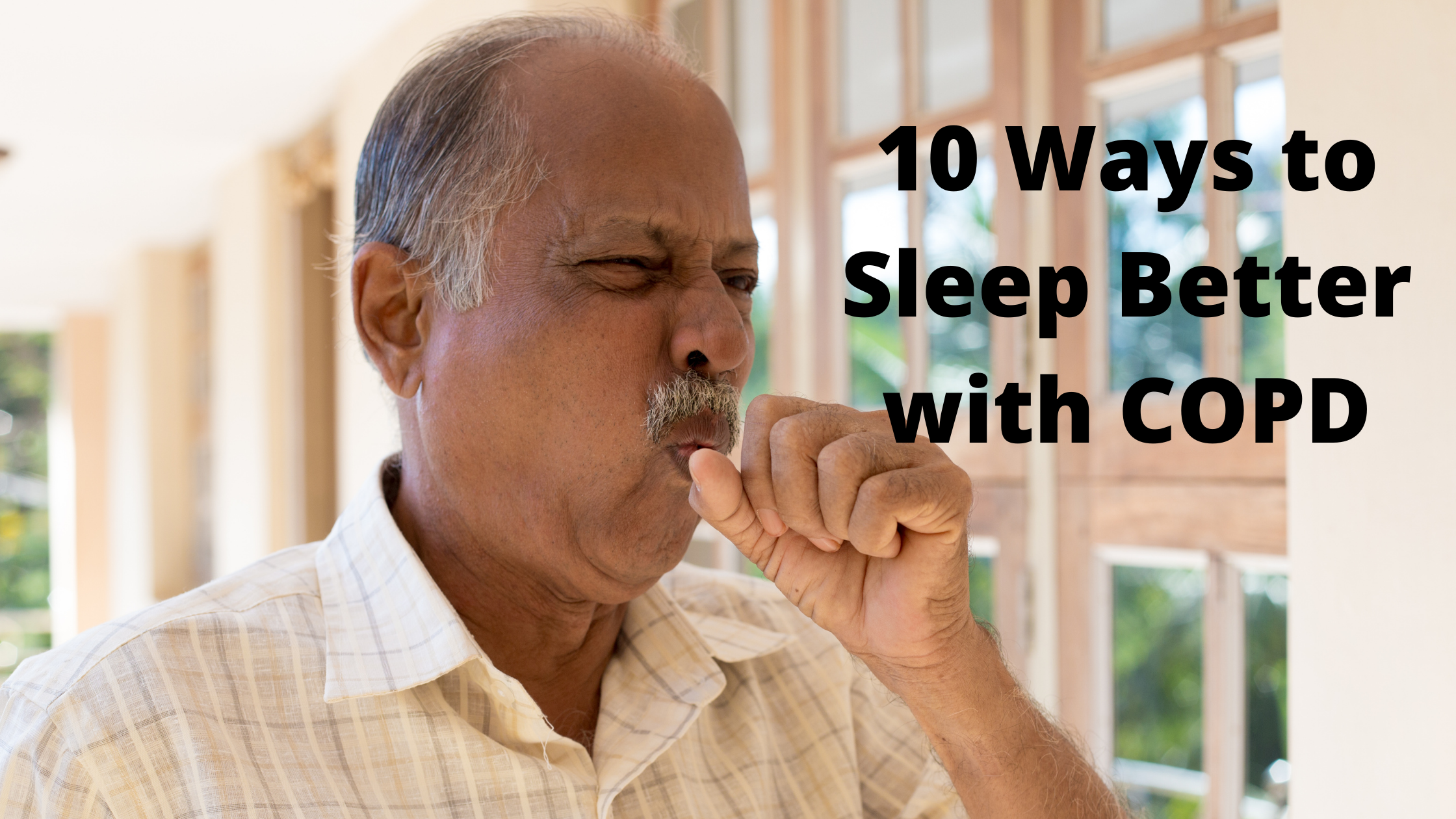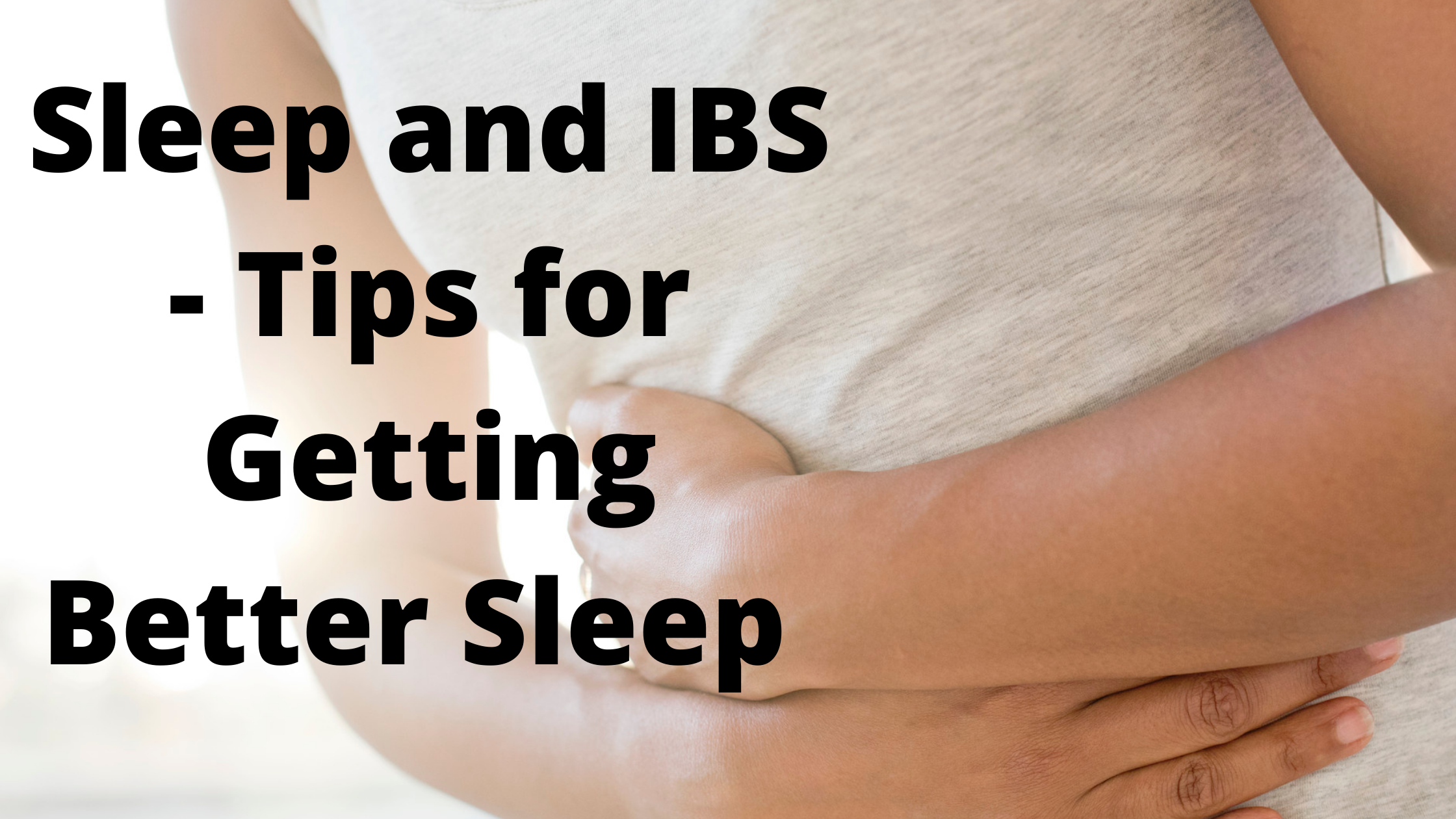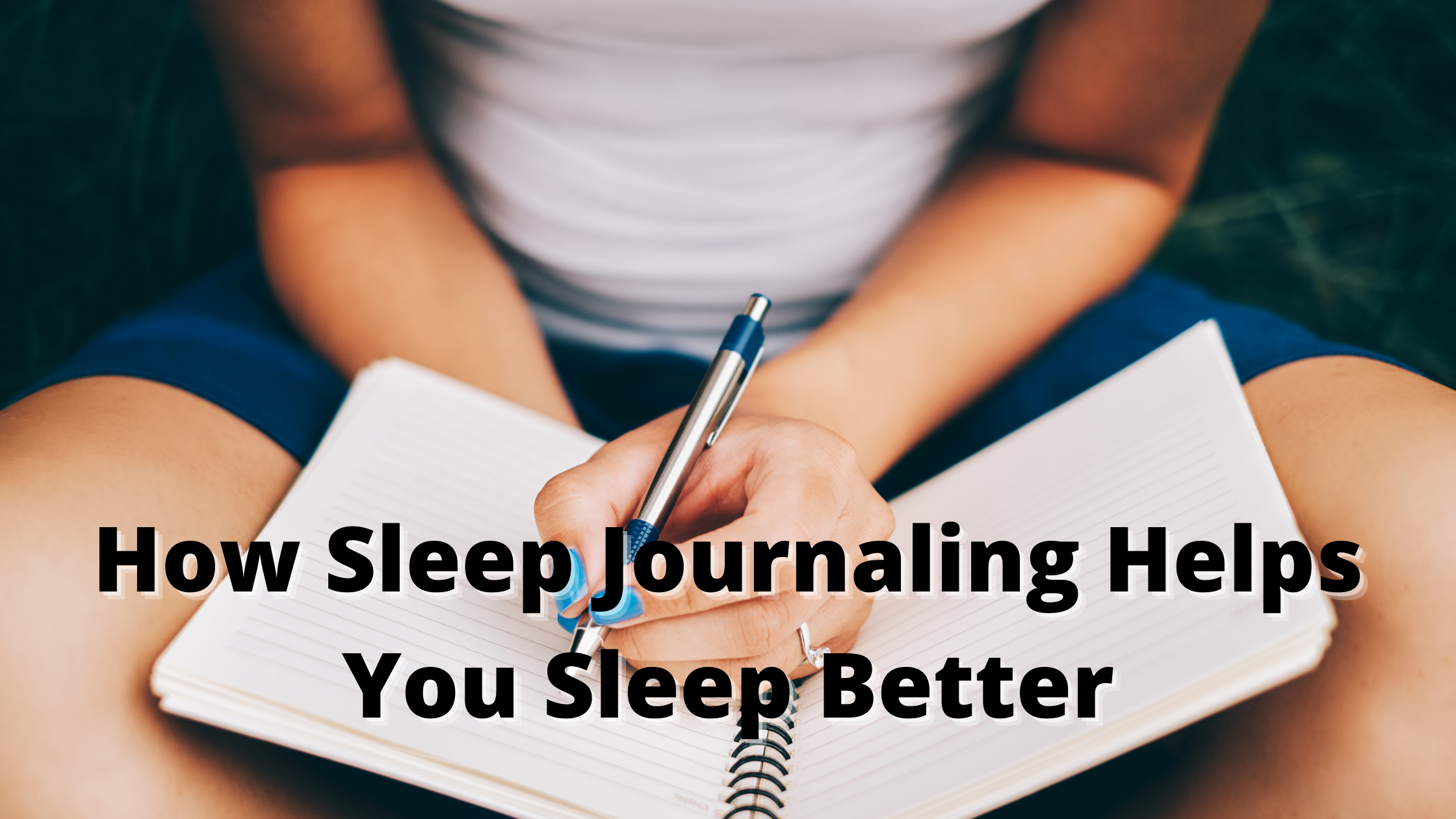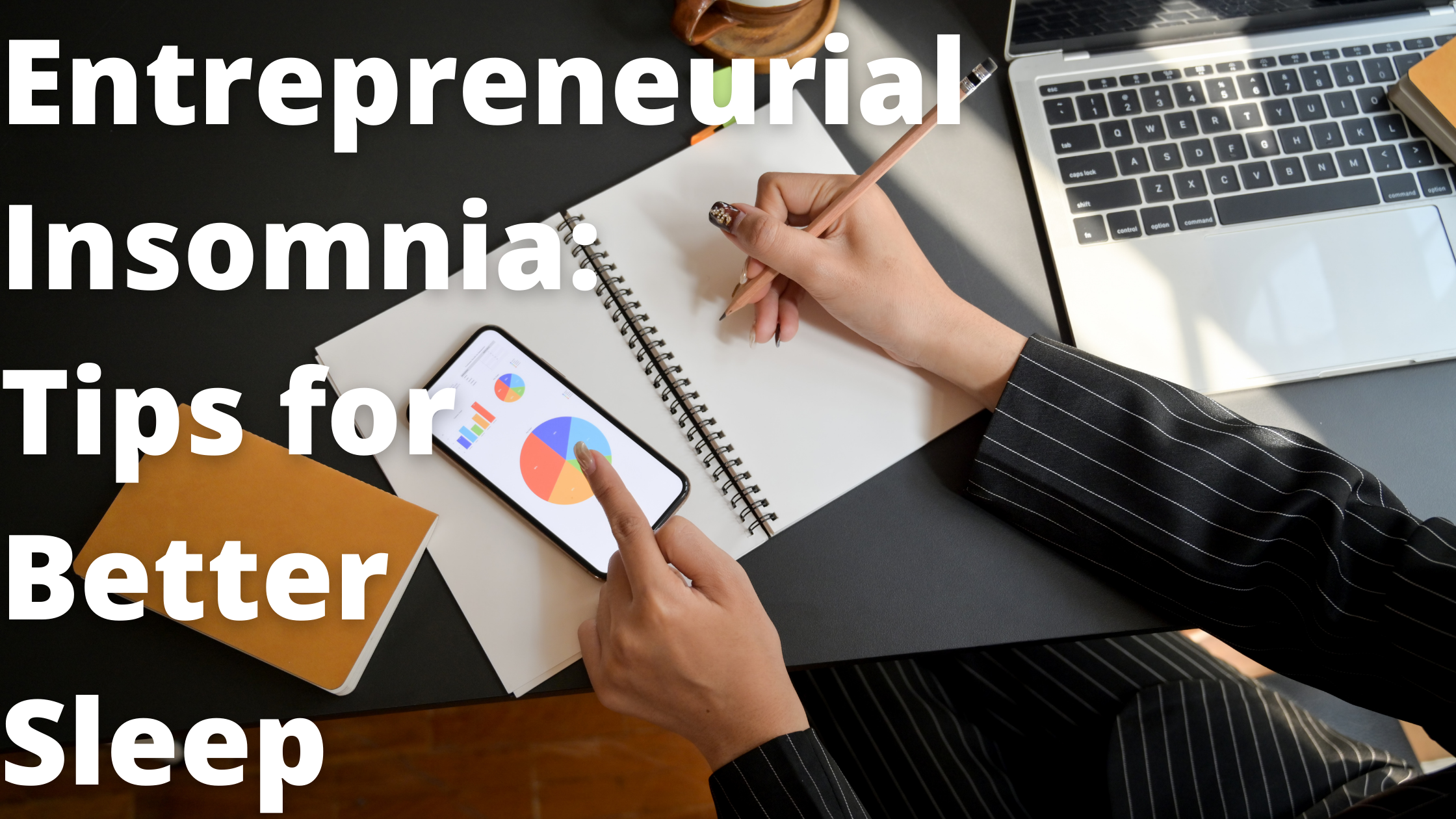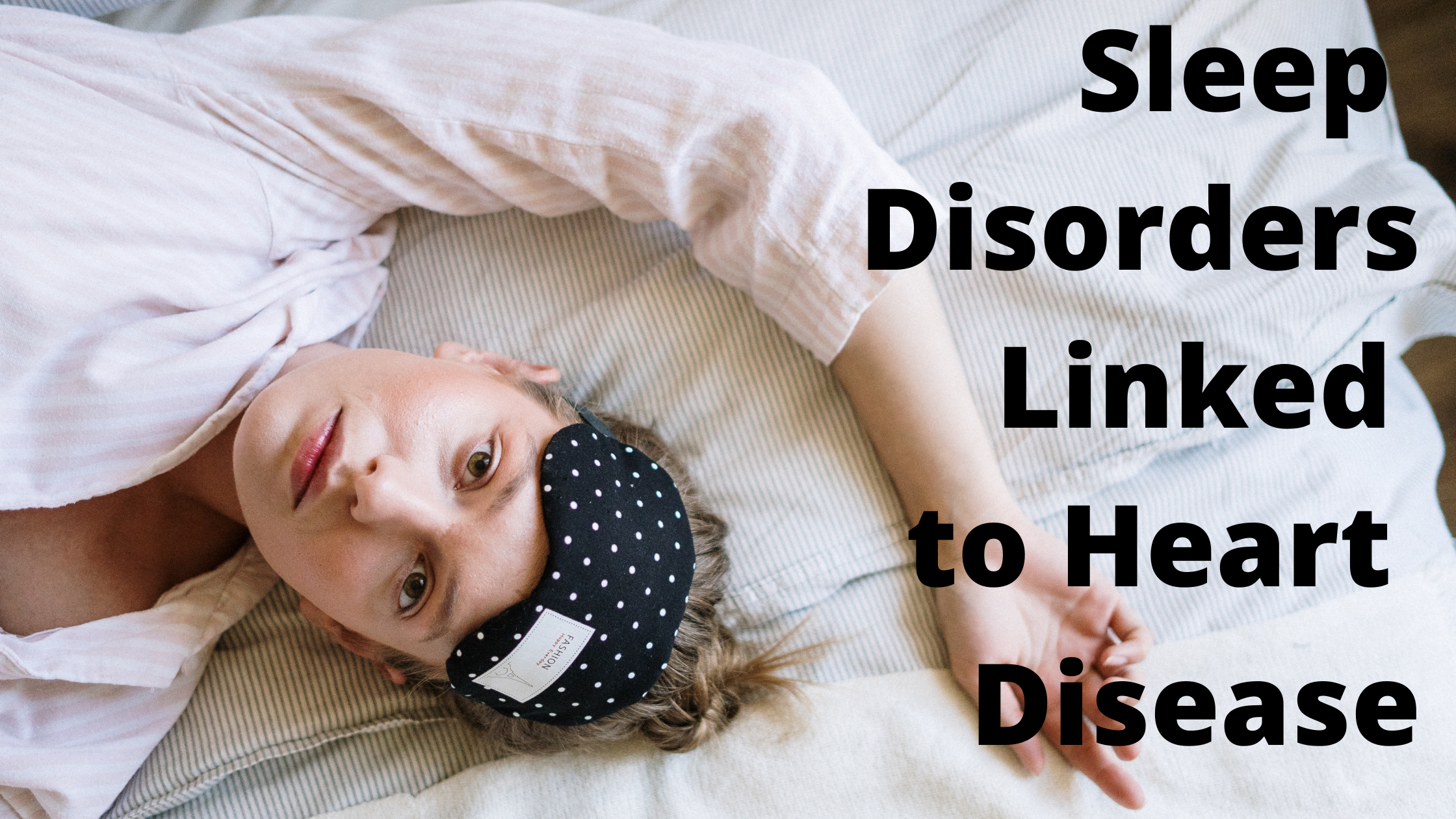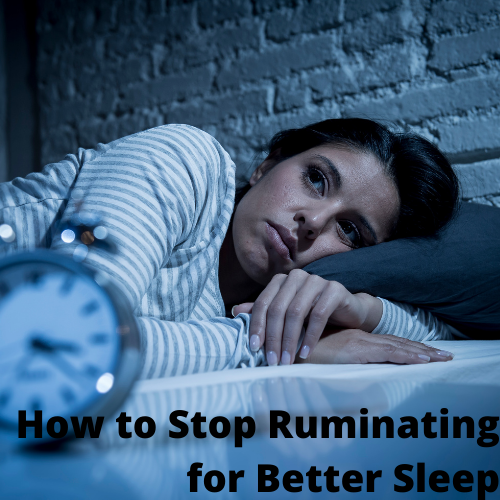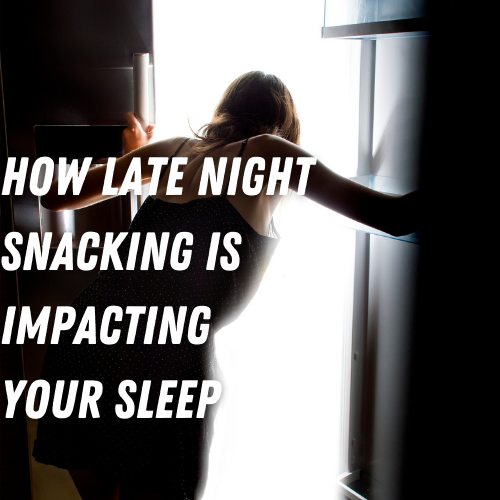Substance abuse disorders and addiction are complicated diseases that involve the overwhelming desire or craving for drugs, alcohol, and other medications of abuse. Addiction and substance abuse disorders can cause turmoil for the individual, families, and can even result in permanent debilitation and death.
Connections between substance abuse and mental health disorders have been well established, as well as mental health disorders and sleep disturbances. However, now researchers are starting to draw connections between sleep disturbances and substance use disorders. The causes of addiction are multifactorial and include both environmental and biochemical alterations, but sleep may play a key role in the development of addiction. Continue reading to find out more about this relationship.

